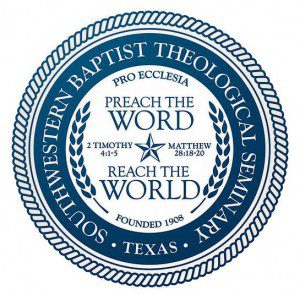Celebrated intellectuals have long predicted the demise of religion in modern scientific society, and a new, headline-grabbing study presented at a Dallas meeting of the American Physical Society claims to demonstrate mathematically that organized religion will be “driven toward extinction” in at least nine Western-style democracies.
One of the study’s authors, Daniel Abrams, had developed a mathematical model to account for the extinction of languages spoken by small numbers of people. Another of the authors, Richard Wiener, noted that similar data was available for religious affiliation in some developed nations, and suggested they apply the same model to the waning of religious affiliation.
Of the nations studied, only the Czech Republic (where atheism was enforced at gunpoint under Communism) already has a majority of its citizens who are unaffiliated with a religion, at 60 percent. But the authors predict that the Netherlands, which currently stands at 40 percent unaffiliated, will reach 70 percent by 2050. Australia, Austria, Canada, Finland, Ireland, New Zealand, and Switzerland will also, claim the authors, see organized religion all but vanish.
Mainstream media outlets eagerly promoted the report, and commentary blossomed in the Christian blogosphere. Some warned that the study pointed to the further deterioration of Western Christendom, while others welcomed a culling-out of nominal believers.
Yet there is reason for skepticism about the study itself. The authors, Abrams explained to CNN, assume two sociological principles. The first points to social networks: It’s generally more appealing to belong to the majority than the minority group. The second points to utility: In a country where religion is in decline, there are pragmatic advantages to being unaffiliated with a religion. These forces, the authors argue, will accelerate the growth of the unaffiliated category. The unaffiliated will not necessarily become atheists, but they will not practice their faith within religious institutions.
The authors are not sociologists of religion — and principles that apply to languages may not apply to religions, where standing in the minority and requiring high levels of sacrifice are commonly associated in the scholarly literature (I spent 7 years in a doctorate program in the study of religion) with religious fervency and not decline. The saying, “The blood of the martyrs is the seed of the church,” is common for a reason. The church that is persecuted today is often resurgent tomorrow. It also seems facile to suggest that the present trends cannot be altered. In the case of Ireland, the authors observed that the proportion of unaffiliated had grown from 0.04 percent in 1961 to 4.2 percent in 2006, the most recent year for which data is available. Extrapolating from 96 out of 100 affiliated to “virtual extinction” seems quite a leap. Throw in the immigration of millions of Muslims into some of these countries, and the rise of new religious movements, and the study’s projections begin to seem fanciful.
There was not enough data for the authors to predict the fate of organized religion in the United States, where the census does not ask about religious affiliation. The unaffiliated (scholars call them “nones,” for “none of the above”) make up the fastest-growing religious category in America. Yet other studies suggest that many “nones” are evangelicals who do not identify with any denomination or religious label. But nondenominational communities of faith are not so much outside “organized religion” but outside the old institutions.
Abrams states that all of the data points toward the growth of the unaffiliated. “I can’t imagine that will change,” he said. Yet the authors would do well not to weigh too heavily the limits of their own imaginations. Intellectuals throughout the 19th and 20th centuries, figures like Friedrich Nietzsche and Thomas Jefferson and Clarence Darrow, all predicted the imminent demise of Christianity. All were proven wrong.
Faith is a resilient thing. Even if participation in organized religion should decline in the West, it is exploding in the East. And the rise of the unaffiliated may be the prelude to renewal, or may signal the slow and subtle ways in which faith pours out of old wineskins into the new.
Note: I use this blog, among other things, to pull together my writings in various locations. The above was edited from a piece in the Religion Notebook in World Magazine.











